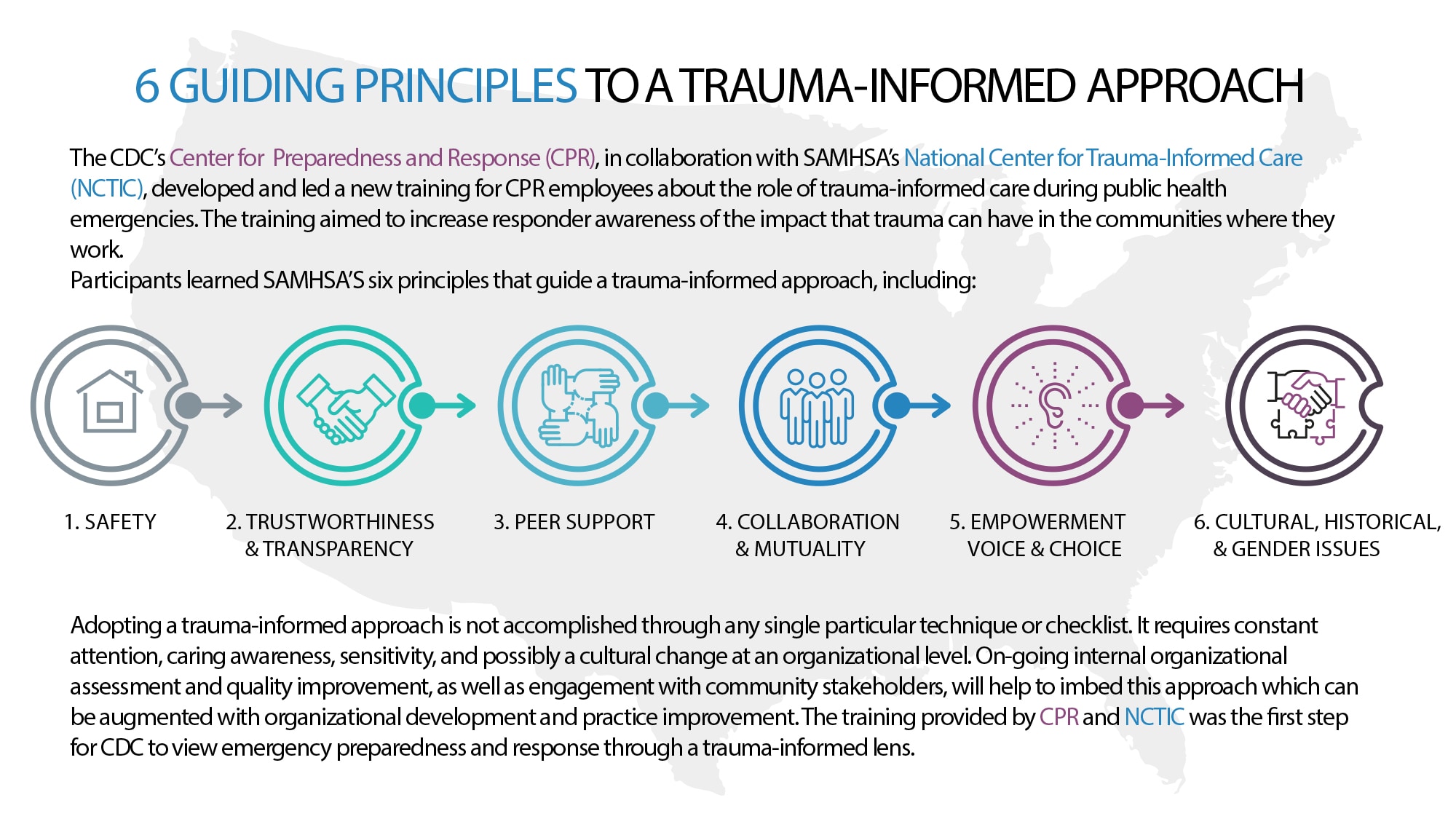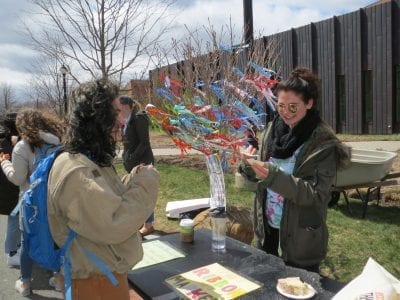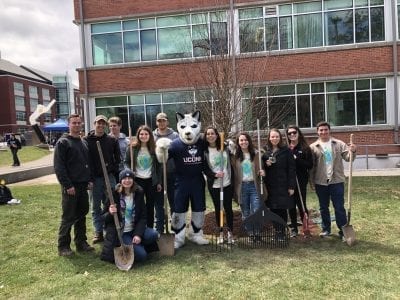Dear UConn Campus Community,
Today, November 1st, is World Vegan Day, a day to recognize and celebrate the benefits of a vegan lifestyle. Word Vegan Day also helps raise awareness of the ethical and environmental implications of animal agriculture.
For several years I worked with some of California’s largest dairies to advance energy and water conservation efforts. My time on these farms was enough to convince me to stop eating dairy products and drastically cut my meat intake. Many of the operations that I encountered housed 5,000-10,000 dairy cows. These large scale confined animal feeding operations (CAFO’s) are drastically different from the many small farms here in CT but they supply some of the biggest food distributors and restaurant chains in the world with an unsustainable and unethical product. I urge you to shop local and think about the impacts of these CAFO’s before visiting your local chain for a burger. Here is why.
Family farms vs industrial-scale dairy and meat production
There is a significant difference between family farms and industrial-scale dairy and meat production. Family farms are typically smaller, more diversified, and more sustainable. They often raise animals on pasture and use fewer antibiotics and hormones. Industrial-scale dairy and meat production, on the other hand, is characterized by large-scale CAFOs, where animals are too-frequently raised in crowded and unsanitary conditions. CAFOs have a very large environmental impact, sucking up precious ground water (especially in the case of Central CA) and are a major source of air and water pollution. Additionally, these industrial facilities contribute to climate change and antibiotic resistance.
Social impacts of industrial-scale dairy and meat production
There are also significant social impacts of meat and dairy production. For instance, workers in the meat and dairy industry often face poor working conditions and low wages. They are at increased risk of exposure to hazardous chemicals and diseases. Communities near CAFOs often suffer from air and water pollution, and they may also experience decreased property values. Sadly, many farm workers are food insecure and live in food deserts.
Environmental impacts of industrial-scale dairy and meat production
Industrial-scale dairy and meat production is a major contributor to climate change, water pollution, and biodiversity loss. It is also a major consumer of land and resources.
So….. What can we do?
There are a number of things we can do to reduce the negative social and environmental impacts of dairy and meat production. One is to choose to buy meat and dairy products from family farms whenever possible. We can also reduce our overall consumption of meat and dairy products. And we can support policies that promote sustainable and ethical agriculture.
I encourage you to learn more about the social and environmental impacts of dairy and meat production, and to make choices that support a more sustainable and ethical food system. To start, you can check out:
https://sustainablefood.uconn.edu/
https://portal.ct.gov/DOAG/Marketing/Marketing/Organic-Farms-Listing
Sincerely,
Joe Fullerton
Director of the Office of Sustainability
University of Connecticut


